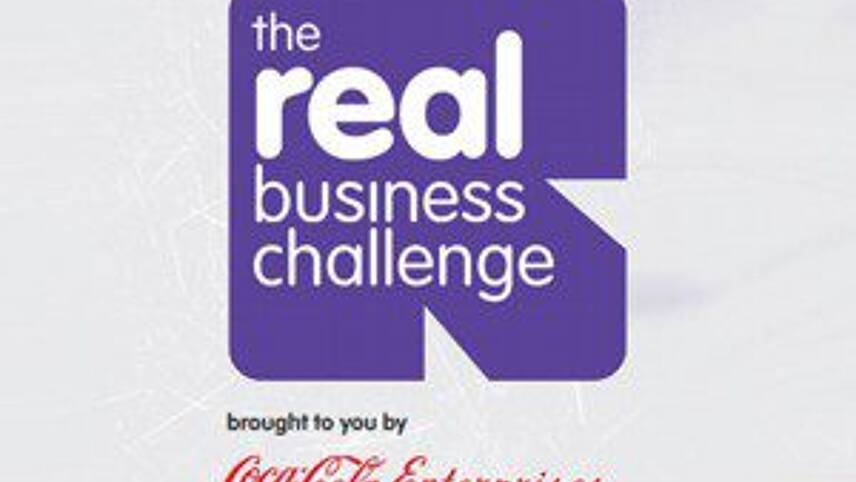Register for free and continue reading
Join our growing army of changemakers and get unlimited access to our premium content

Being clear on the business case is critical, especially in times of financial constraints. Yet there is a real danger in trying to put a monetary value onto everything we do in terms of sustainability.
In a recent blog, Anna Swaithes, SAB Miller’s sustainable development director, highlighted the perils of trying to monetise human, social and natural capital. She discussed the importance of understanding social impact – not in monetary terms, but in terms of the “difference made” or “impact achieved” at a local level. And I couldn’t agree more. Ultimately, this comes down to one simple question for those involved in driving sustainability across our own organisations – are we actually making a difference?
Sustainability has essentially come full circle. I spent much of my early career as a sustainability professional focused on community investment. Managing strategic investments, fully aligned to business priorities, but firmly focused on local community needs – with a strong desire to make a difference at a local level.
As a discipline, sustainability has expanded greatly over the years. The range of topics that now sit under its umbrella is staggering. And yet there continues to be no substitute for good old-fashioned corporate citizenship, making a difference at a local level.
One of the things I enjoy most about my role is the variety in my day-to-day. My time spent in Manchester last week judging the regional final of our Real Business Challenge (RBC) initiative was undoubtedly the highlight of my week. The programme brings together secondary school pupils to focus on enterprise skills and employability – helping students to develop the skills that businesses look for in potential employees.
The RBC responds to a challenge faced by many local businesses, which like Coca-Cola Enterprises (CCE), are rooted in the heart of their local communities – in securing future employees with the right level of job-ready skills, particularly in STEM subjects. It also aims to address the fact that far too many secondary school students leave school without any insight into the ‘world of work’.
The programme is not too far away from the KAPOW (Kids and The Power of Work) Programme, originally established by Diageo’s predecessor Grand Metropolitan, and one of the first programmes that inspired me at the very start of my career.
What connects the two is a strong determination to provide a ‘window into the world of work’ for young people and a determined focus on making an impact at a local and individual level. In the case of the RBC, it’s about 13-15 year olds receiving guidance from business mentors (all of whom are CCE volunteers). The aim is to enhance their communication skills, experiencing team-working, time and budget management – and critically, helping to raise levels of personal confidence.
The focus of this year’s Real Business Challenge was litter – another critical issue for our business across all territories. We have a multitude of litter-focused organisations working to clean up the UK, and they would be well advised to defer to these years’ RBC finalists when developing their own business plans.
What I witnessed from secondary school students in the North West of England was inspiring. A strong desire to succeed, a high level of creativity and a determination to tackle litter challenges at a local level. In short, a strong desire to deliver local social impact of their own. Just the kind of desire that the business community can all too often lose sight of when fine-tuning their sustainability programmes.



Please login or Register to leave a comment.